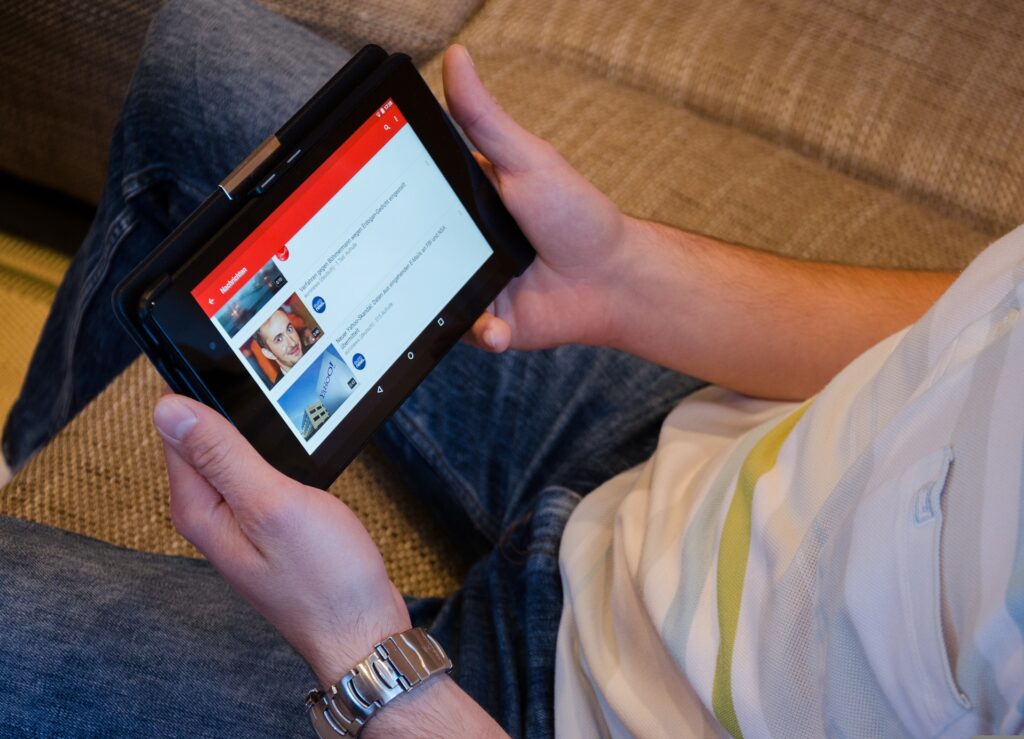As a business owner, it’s important that you’re not only monitoring online conversations about your company but also actively participating in them. By doing so, you can help shape the narrative around your brand and ensure that customers have a positive experience with your business.
But where do you start? And what should you be listening for? In this article, we’ll break down the basics of social listening and show you how to use it to your advantage. We’ll also provide some tips on how to stay on top of ever-changing conversations online. You’ll also learn about the basics of social listening and how to employ social listening strategies for your online marketing campaigns.
Listening and engaging on social media is work and you need to find marketing solutions through social listening so as to massively increase your social reach, giving people a reason to like what you do and building awareness of your brand, also helps you understand your audience.
What Is Social Listening?
Social media listening is a process of monitoring social media conversations about your brand and products. These conversations can be conversations between customers, your employees, or anyone else who is talking about your business.
A social listening platform will do the work for you and help you track conversations about your brand. These platforms collect the conversations, parse them into categories and display them in a meaningful way. These protocols will assist you or your organization in the detection of discussions about your brand name. Every brand mention will be captured, providing you with vital insights that you can use for marketing purposes. Your social media listings are a vital part of your online presence; they can help you join up with people to promote your business and tell users about what you do. These listings also provide search engines with information about your business.
Whether online or offline, social listening helps you analyze the popularity of brands, how customers interact with them, positioning, or merchandise offerings. There are various social media tools that provide you with the opportunity to be listening for your products and services to the online audience.
Monitoring social media means accessing conversations happening online. However, you are not monitoring your own pages. This type of work will indicate if a typhoon is approaching an area, and it will indicate if the temperature drops. Although this information is very important, engaging in people’s natural conversation is better for people to act on than watching people’s natural conversation.

How Is Social Media Listening Measured
If an algorithm’s overall performance relies solely on collecting individual data, then how will this data be processed? Social listening is based on the “online mood” or social media sentiment; this metric analyzes ratings of data to determine whether they are positive or negative.
Measuring your social media success is possible. You can count how many likes, shares, and social media interactions there are on your social media pages. Through social media listening, you can get a feel for how the social media climate of your target market. Everyday things, just like anything else in life, can make you feel good or bad about yourself; positive or negative feelings result in a more positive or negative perception of your image.
You often use a scale that is very negative to a very positive outcome, with the midpoint in-between. Even though there are no discrete scores available, the data can still be very helpful. If your business is a constant topic of conversation, then you should monitor comment boards around your business to gauge whether the conversation is positive or negative. If scathing or hateful comments are the predominant response, then you might want to review the site’s About page. Smaller businesses often receive a higher number of similar comments from people.
The best way to determine the level of negative or positive feedback you should receive is to examine your top competitors. How much criticism are they receiving? How much are you receiving? What are your current issues? Are there similar issues in your industry? Make a list.
What is your ideal online mood? Are you most cheerful, neutral, or dismal? and Why? Here are daily habits to help maintain good social skills and listening habits.
1. Practise what makes you happy every day.
2. What factors would cause you to be sad.
3. Figure out why you are getting negative feedback.
4. Discover the solution to your audience’s pain point.
Benefits Of Social Listening
At the moment, everything important happens as comprehended on social media. For instance, we find that people are active on social media, including breaking news, details regarding what is happening, the next big marketing strategy, and various pictures on Instagram.
Social media have become incredibly important. They can help your business sell more, grow your brand, make you a more relevant resource to your customers, and create dialogue provoking your customers to ask more questions about your business.
When your company has a crisis, it is important to have an active social media listening team. This will help you mitigate your impact, and prevent inaccurate and negative quotes from blowing up and causing greater damage.
Conclusion
The main question is whether your business chooses to become involved with social media conversations or listen to them Subscribe for the latest updates and more information on our blog posts. Contact us If you are having difficulty, and we can help you. We can be your social media listening team and help you with all of your social media needs.
